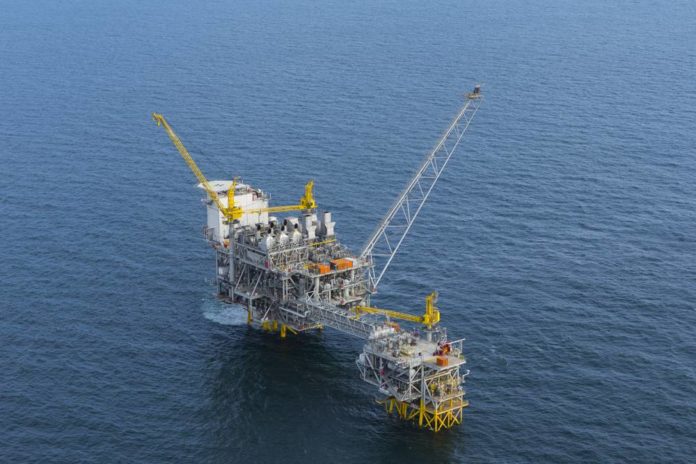The Africa Centre for Energy Policy (ACEP), an energy think tank in the Republic of Ghana, West Africa, has led energy, governance and development experts to discuss the impact of coronavirus on Africa’s upstream oil and gas sector.
Leading the discussion, the executive director of ACEP, Benjamin Boakye observed that Africa was set to lose US$65 billion from the oil and gas sector this year alone as a result of the effect of the Covid-19.
According to him, the European Commission (EC) made this projection recently and underscored the need for Africa to swiftly move to find alternative financing for the continent’s development agenda.
Mr Boakye, who was speaking at a virtual conference hosted in Accra, noted that the COVID-19 has negatively affected revenue generation.
“We have to start a conversation about how the situation looks in the context of Africa particularly, revenue generation and debt financing and employment in the oil and gas sector,” he said.
Mr Boakye was of the view that the impact of Covid-19 could significantly reduce investment, estimated to be about 33 percent in Africa and subsequently affect the continent’s socioeconomic development.
He bemoaned that small and medium scale businesses in the oil and gas sector could suffer even more adversely.
Commenting on the Ghanaian perspective, Gyekye Tanoh, the Policy and Research Advocacy Coordinator at Hand and Brain Action Research Initiative, who moderated the conference, was of the view that Africa needed to think outside the box to ensure sustainable development of the continent.
“Is Africa learning or it is business as usual? If you have to spend monies and it is not there, what is the consequences of its implication on social investment if you have such a significant drop in revenue and the struggle for investment for the people’s interests, what do have to do?” he posed.
According to Mr Gyekye, structural frustration in the regime of international trade, financial and primary commodity value chain were issues the continent needed to deal with to survive the storms of any global crisis.
Touching on the Mozambique experience on the oil and gas governance culture, Prof. Adriano Alfredo Nuvunga, who is the Executive Director of the Centre for Democratic Development in his country, emphasised poor management and ill-developed infrastructure of the oil and gas sector as the main challenges in his country.
He admitted that, though the current government was improving, the pace was too slow to revolutionarise the sector soon.
Other speakers from Uganda, Kenya and participants across the globe contributed to making insightful suggestions to help Africa to come out with prudent and pragmatic measures to deal with the poor governance culture in the oil and gas sector so that the continent’s people could benefit in the area of local content development, social investment drives and other important human centred programmes to speedily drive development, even after the Covid-19.















